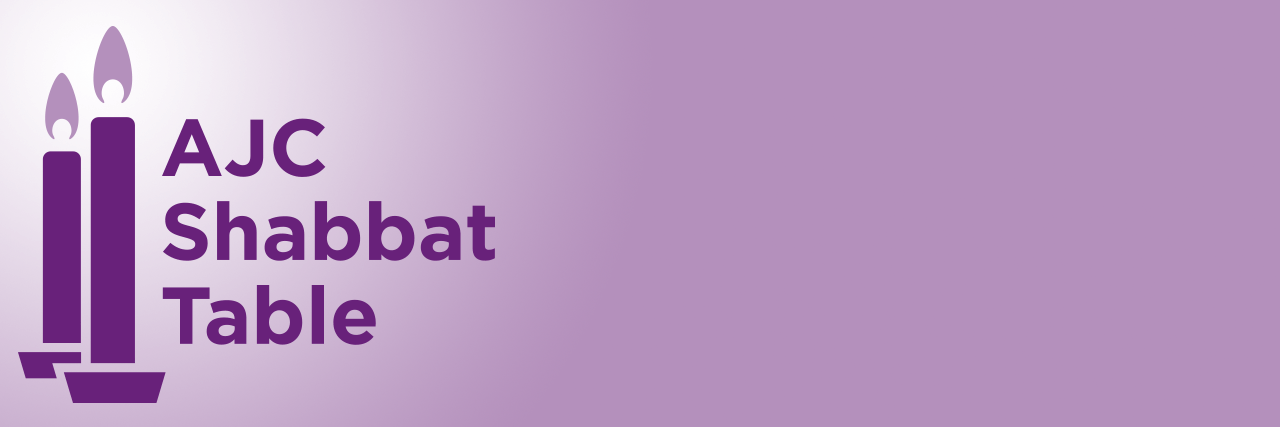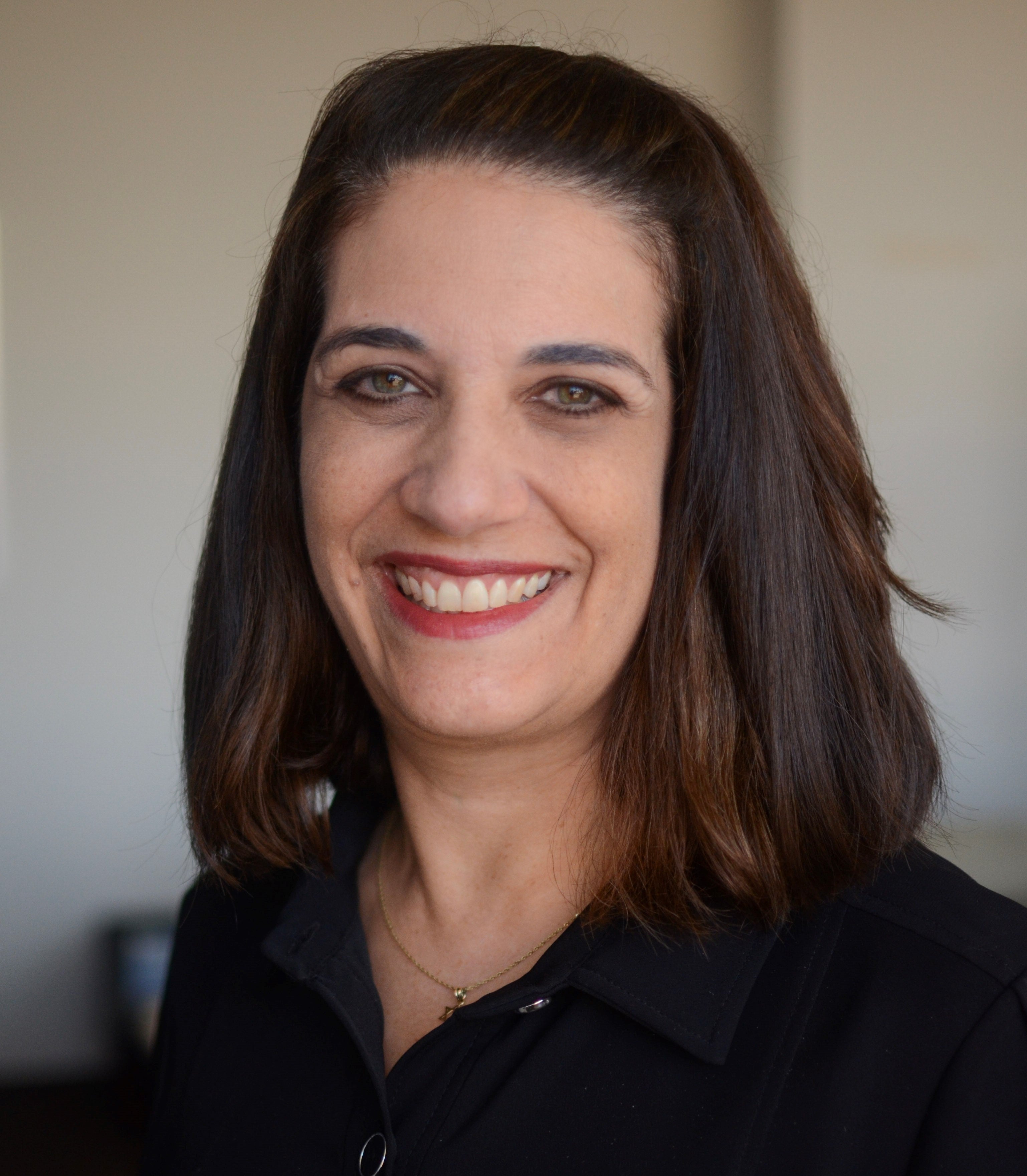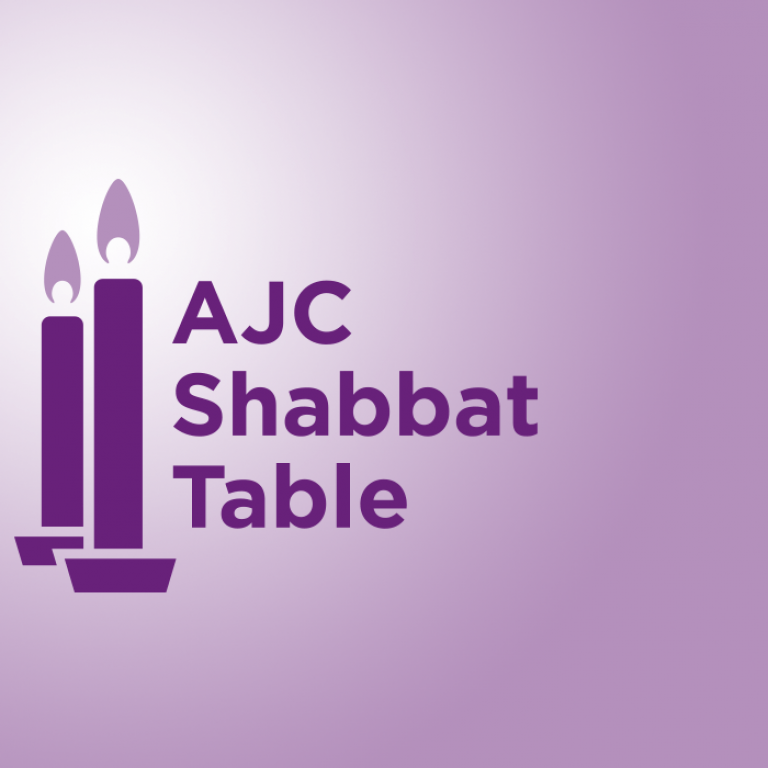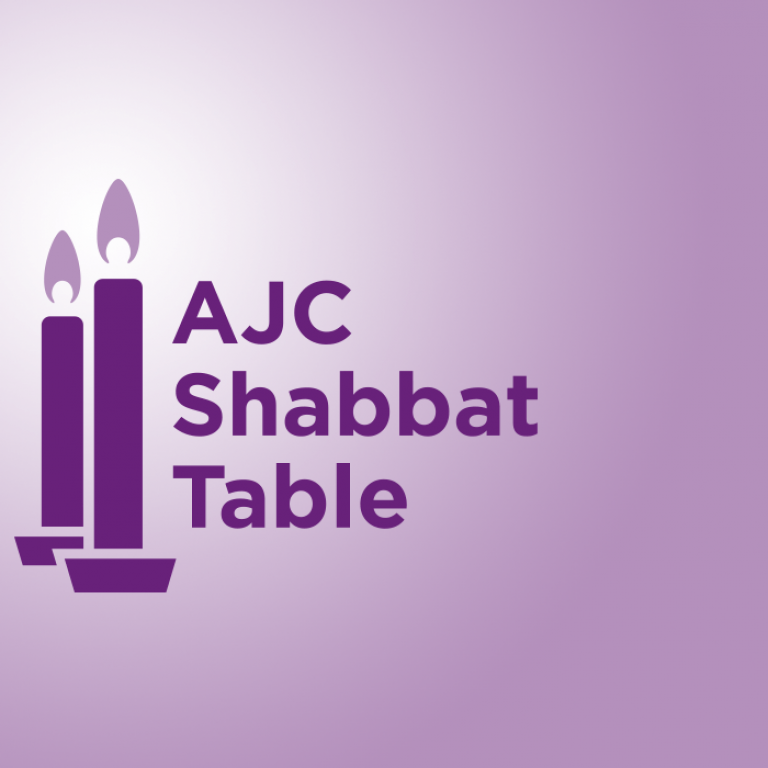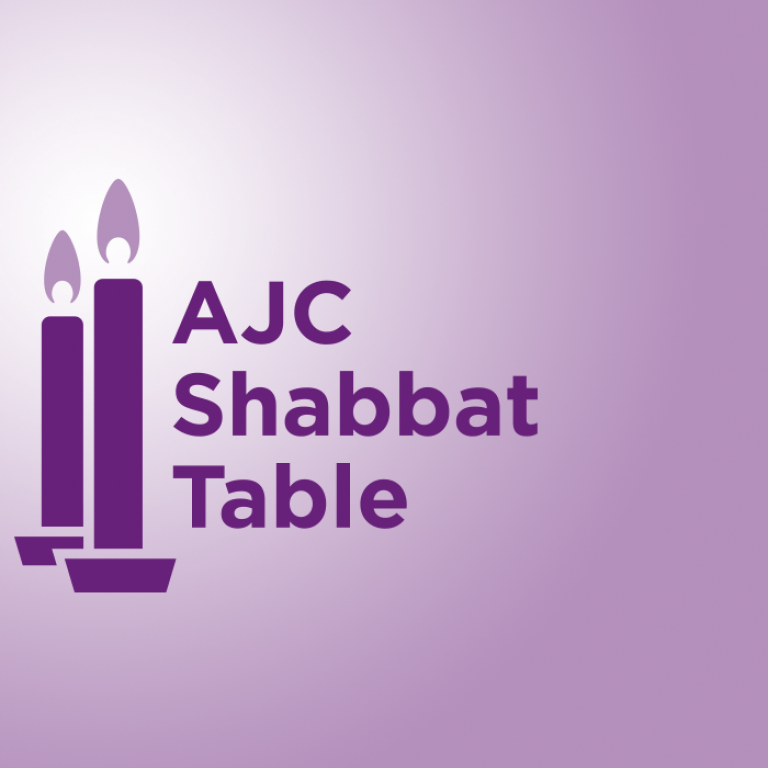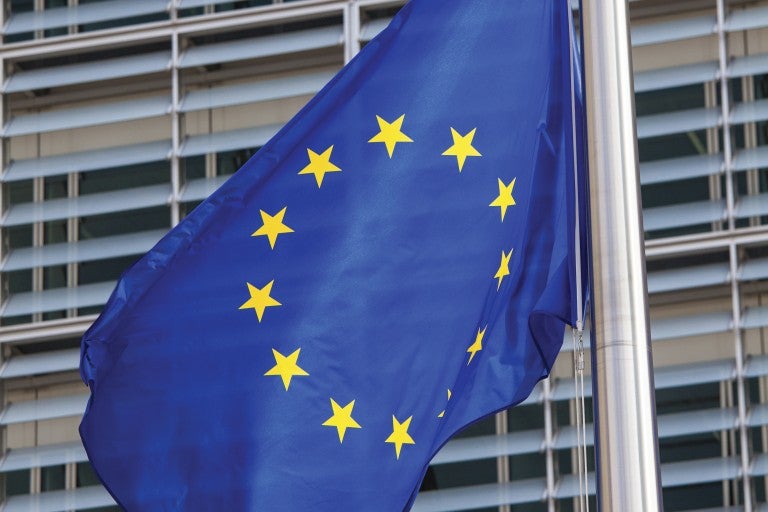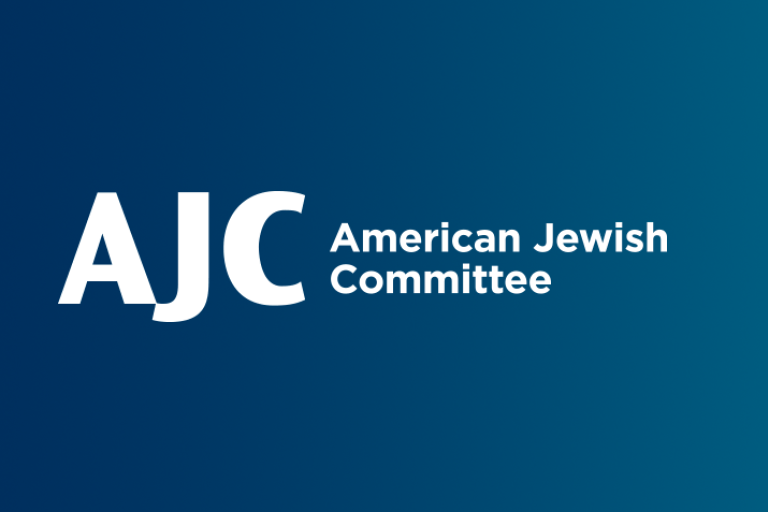December 23, 2020
This Shabbat: Parshat Vayigash
Maimonides, the medieval Jewish philosopher and sage, famously wrote that true repentance is when you face the same situation in which you formerly sinned, but behave differently. This week’s parsha, Vayigash, has one of the most riveting and poignant examples of such repentance. Two weeks ago, in Parshat Vayeshev, Joseph’s brothers, who were angry and jealous of him, threw him in a pit, planning to let him die. One of the brothers, Judah, points out that killing Joseph will not benefit them. Instead, he suggests that they sell him into slavery. While Judah’s actions prevent Joseph’s death, he still does not stand up to his brothers and save Joseph from harm. Fast forward several years. Joseph has become Pharaoh’s second in command, a man with incredible power. His brothers travel to Egypt to get food for themselves and their families during a protracted famine. They do not know that the man from whom they must get the food is their long lost brother Joseph - but Joseph knows it is them. He decides to test them to see if they are still the same people who sold him into slavery all those years ago. He frames the youngest brother Benjamin by slipping a silver goblet into his bag of food and then accuses him of stealing the goblet. Joseph’s disappearance had made Benjamin even more important to their father Jacob as the only remaining son of his beloved wife Rachel. As the brothers stand before the angry Joseph, they realize Benjamin is in danger and their father’s worst fears could come to pass: Jacob may never see him again.
It is at this tension-filled moment that our parsha opens with Judah stepping forward to speak to the powerful Egyptian ruler that he does not know is actually his brother Joseph. Judah explains to Joseph in a heartfelt and impassioned speech that Benjamin is his father’s heart and soul, and that it would kill Jacob if the brothers were to return without him. He pleads with Joseph, begging him to let Judah himself stay as a slave to Joseph so Benjamin can return to his father. In the same situation once again, faced with a threat to his father’s favorite son, Judah stands up. Wiser and more mature, he sees the bigger picture of his father’s grief and the terrible repercussions of the loss of Joseph. This time, he is ready to sacrifice himself for the greater good of his family. It is in this moment that Joseph sees his brothers have changed. He bursts into tears and reveals himself to his shocked brothers. But the most amazing part of the story is what comes next. Rather than face his brothers with anger and recriminations, Joseph says, “do not be distressed or reproach yourselves because you sold me here; it was to save life that God sent me ahead of you.” Just as Judah has matured and is able to see the bigger picture, so too has Joseph. No longer angry with his brothers for selling him into slavery, he is able to see that in the end, their terrible actions resulted in his family’s survival.
As we read the climactic conclusion to the Joseph saga this week perhaps we can use it to reflect on our own lives. Are there situations in which we are offered another chance to get something right? Can we strive to see beyond ourselves and view those situations through more expansive lenses, allowing us to make better choices this time around? Perhaps by internalizing the story of Judah and Joseph, we too can strive to meet Maimonides’ definition of repentance.
This Week in Jewish History
December 21, 1860 - Henrietta Szold is born
Henrietta Szold was one of the most prolific, talented, and passionate educators and organizers the Jewish world has ever known. Born in Baltimore just before the Civil War broke out to Rabbi Benjamin and Sophie Szold, immigrants from Central Europe, Szold grew up in a home deeply committed to both secular and Jewish education. She began her career as an educator right out of high school, teaching immigrants English in night school. Later, while enrolled as a student at the Jewish Theological Seminary in New York, she ended up teaching English to her instructors, most of whom had recently immigrated from Eastern Europe. By the way, this accomplished and intelligent young woman was required to sign a promise that she would not seek to enroll in JTS’s rabbinical school, then an all-male institution. She became the only woman member of the publications committee of the Jewish Publication Society. Although she served as both a writer and an editor for JPS (authoring, among other pieces, an article on American Jewry for AJC), Szold received little credit for her work, largely because she was a woman. Szold was an early and passionate Zionist, serving in multiple leadership roles in both American and international Zionist organizations, typically as the only woman among the leadership. In 1912, three years after her first trip to Israel, Szold founded Hadassah, the women’s Zionist organization that was to become the largest and most powerful Zionist organization in the United States. Through Hadassah, Szold, who spent many years living in Israel, helped to build a medical and educational infrastructure for the Yishuv, the Jewish community in Palestine. Foreseeing the threat that Nazism posed to European Jews, Szold worked closely with the Yishuv to create a Youth Aliyah system, perhaps the achievement of which she was the most proud. The Youth Aliyah system not only rescued children from the clutches of the Nazis, but provided wholesome and nurturing Youth Villages in Palestine, and later Israel, where they could live and acclimate to their new home. She received countless letters of thanks from the children she saved, and she responded to every single one. Szold died on February 13, 1945 at the age of 84. Sadly, she did not survive to see the birth of the State of Israel.
Szold often mourned the fact that she never married or had children, but her legacy is enormous. She saved the lives of hundreds of Jewish children, helped form the health and educational infrastructure of what became the State of Israel, and paved a path for women leaders in Jewish organizations. Indeed, in many ways, Szold was a mother of thousands. Read more about the incredible life and work of Henrietta Szold here and here.
For Shabbat Table Discussion: Morocco and Israel normalize relations
In a month of unrelentingly bleak news about the rapidly spreading coronavirus pandemic, the sun came out for a moment on December 13 when the United States government announced that Israel and the Kingdom of Morocco were normalizing relations. Morocco is the fourth Arab nation to normalize relations with Israel in 2020, following in the footsteps of the UAE, Bahrain, and Sudan.
Before we delve a little more deeply into this development, we have a trivia question for you! On Monday December 21, El Al announced the creation of a direct flight from Tel Aviv to Rabat, Morocco’s capital city. They assigned the flight the number 555. Why did they give the flight that number? Answer at the bottom!
The Jewish community in Morocco has a long and storied history. While the community may date back to before the destruction of the Second Temple in Jerusalem in 70 CE, there is written evidence of a Jewish presence in Morocco from the 2nd century CE, 1,900 years ago. Jews generally flourished in Morocco, growing to be a sizable community of nearly 250,000 by 1948. However, just like Jews in other Arab and North African countries, Moroccan Jews faced discrimination and violence in the wake of the founding of Israel. During the decades that followed, the vast majority of Jews left Morocco for Israel. By 2005, fewer than 5,000 Jews remained in Morocco, mostly in Casablanca. Today, there are approximately 500,000 Jews of Moroccan descent living in Israel. Moroccan Jews have had a profound impact on Israeli society, positively influencing Israeli politics, arts, sports, and business. In recent decades, Morocco and Israel developed quiet but warm unofficial relations with one another, which set the groundwork for the establishment of official relations this month.
Questions for your Shabbat table:
- Given Morocco’s generally warm relationship with Israel going back decades, why do you think Morocco established more official diplomatic ties with Israel only after the signing of the Abraham Accords?
- What do you think this development will mean for Israeli Jews who either immigrated from Morocco themselves or whose parents and grandparents came from Morocco?
- How do you think all these new normalization treaties between Israel and Arab nations will change the political reality of the Middle East?
For more information about the normalization of relations between Morocco and Israel, see AJC’s press release as well as this Op Ed piece by AJC’s Jason Isaacson in The Times of Israel.
Oh, and here’s the answer to our trivia question: The number 555 is meant to symbolize the hamsa, a beloved Israeli and Arab amulet that is shaped like a hand. The word hamsa is Arabic for “five,” as in the five fingers of the hand. (If you know Hebrew, you probably noticed that hamsa sounds a lot like hameish, the Hebrew word for “five.” That’s because Arabic and Hebrew are sister languages, closely related in many ways.) El Al decorated the first flight 555 with Israeli and Moroccan flags and a hamsa with the words for peace in English, Hebrew, and Arabic below it. Hooray for peace!
Shabbat shalom!
שבת שלום!
